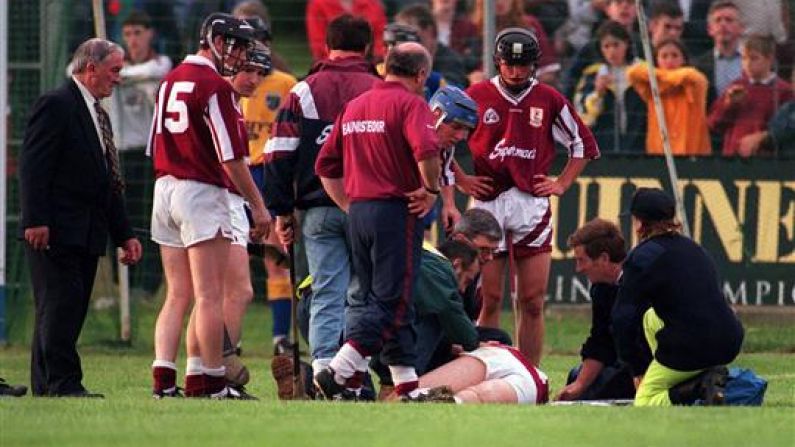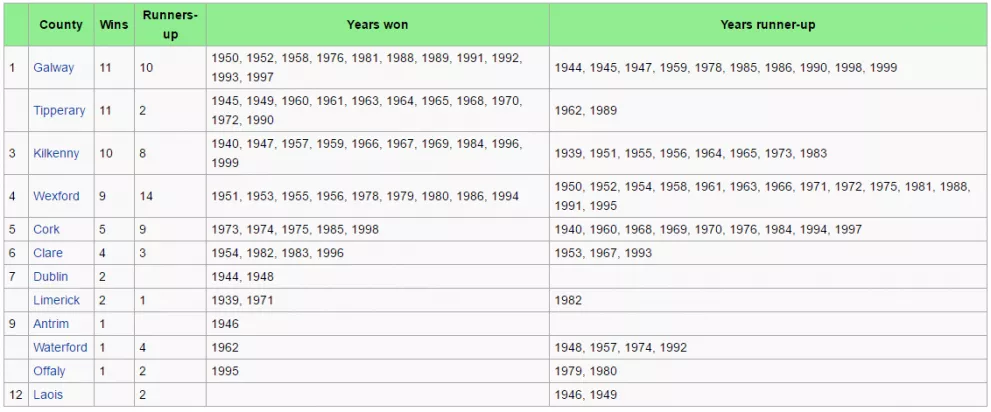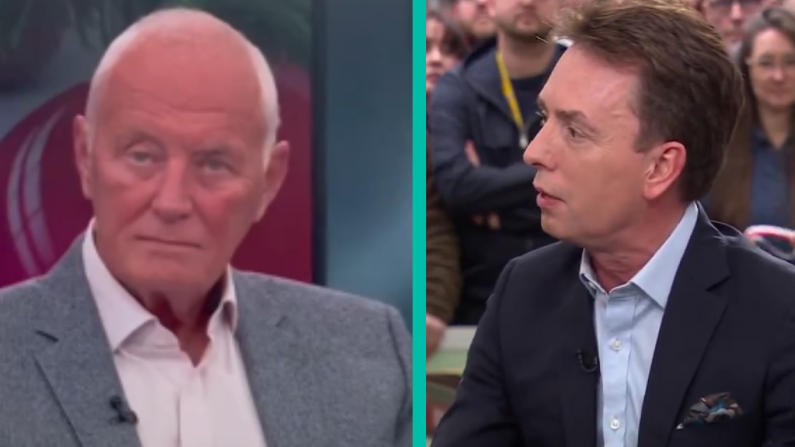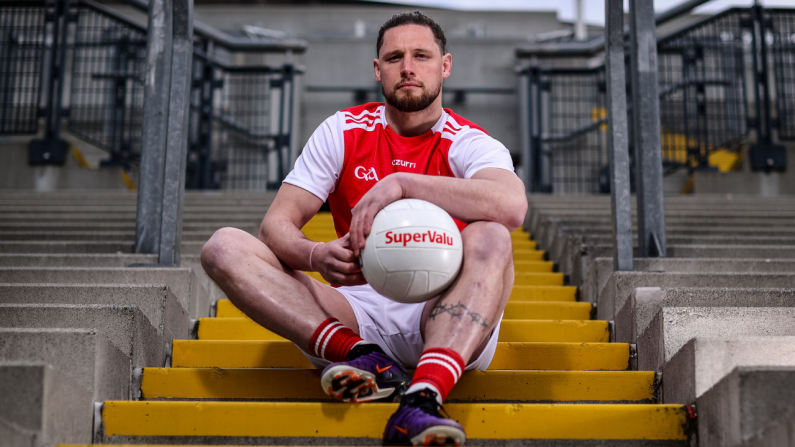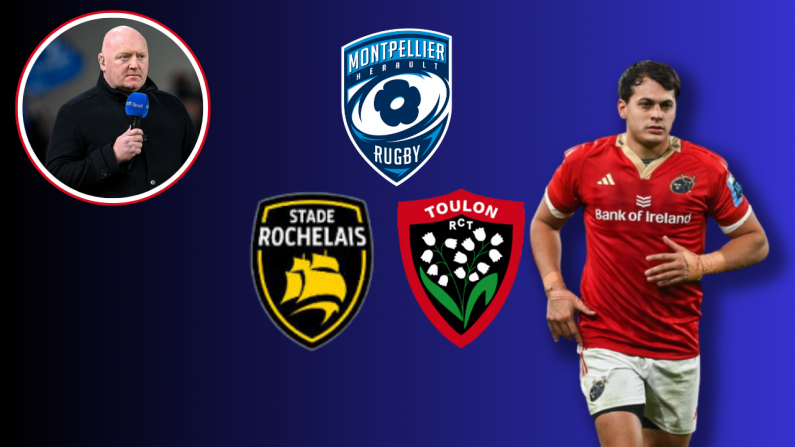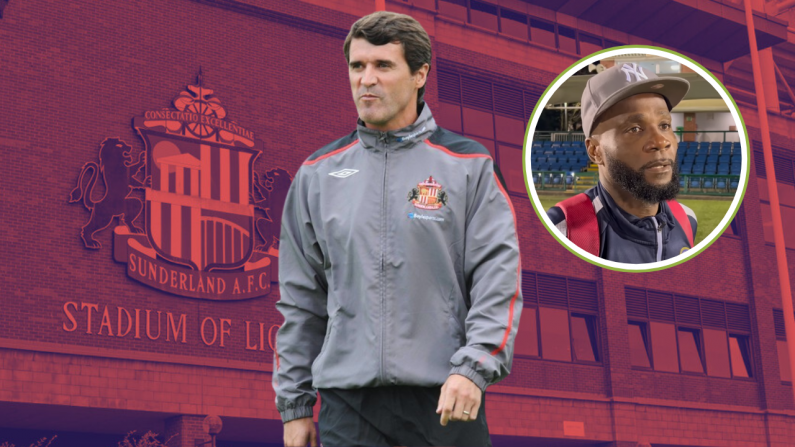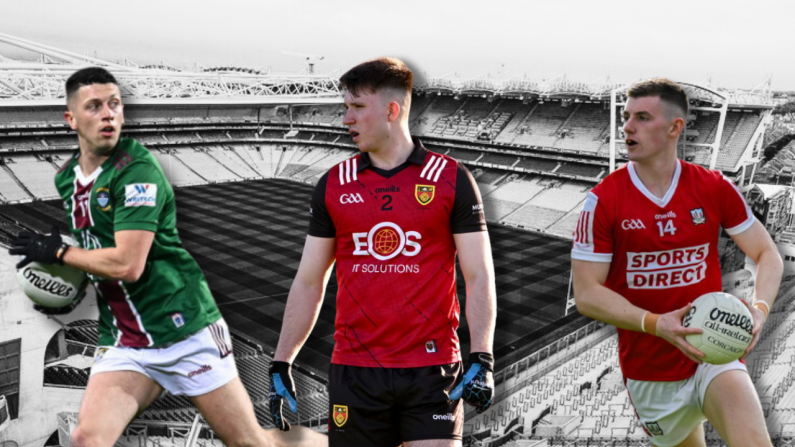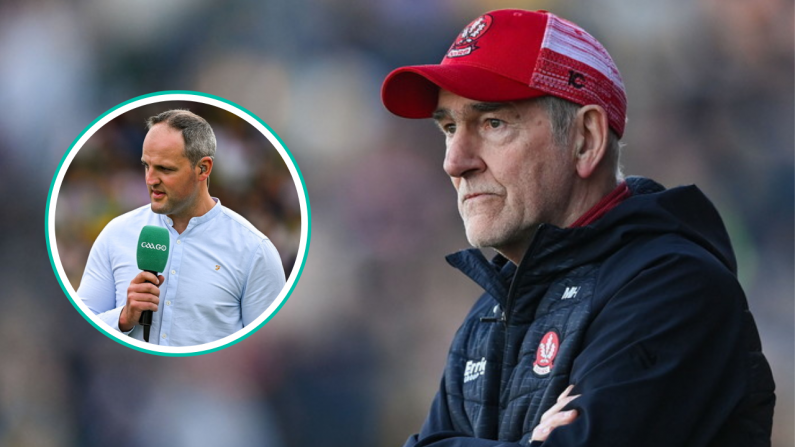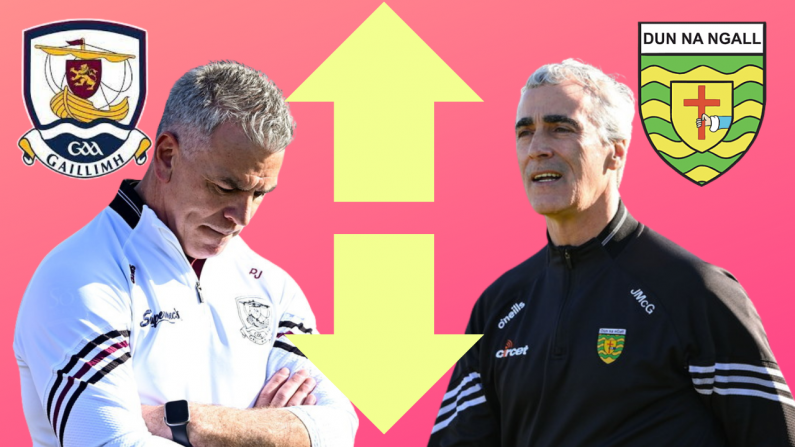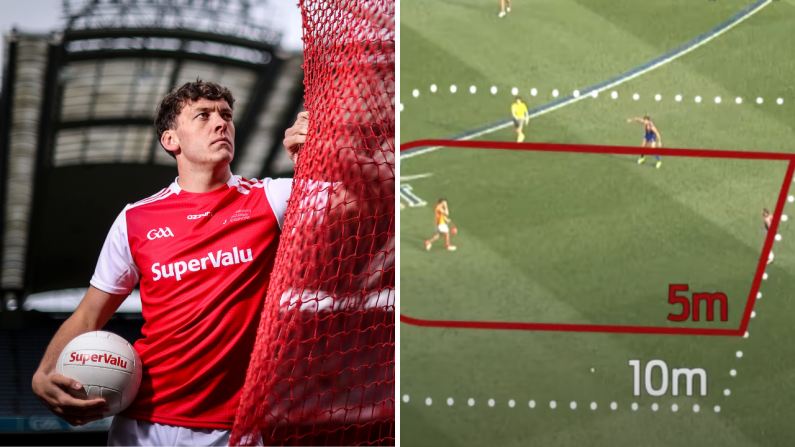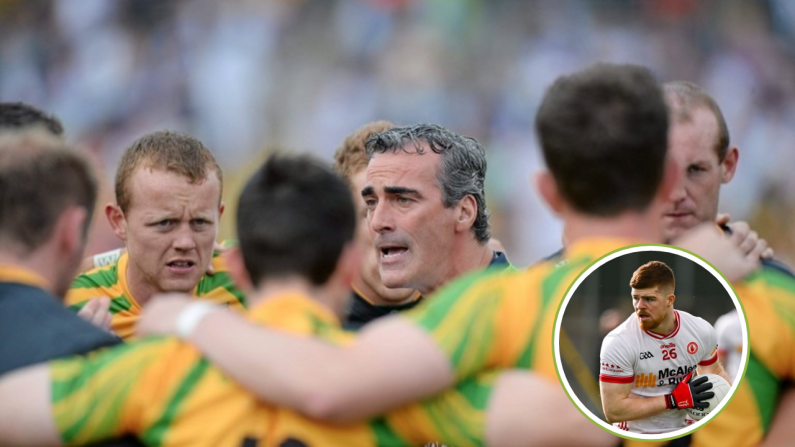Many would think that the GAA calendar is clogged up with pointless competition that need not exist. The winter months are prime-time for these events. Here are a few comps that even the GAA could no longer keeping going. The O'Byrne Cup, the McGrath Cup, the FBD League, observe your future. This is where you're headed.
The Connacht hurling final
Every year now without fail, the Galway county board bellyache about not being allowed play a hurling match in the championship at home.
The other Leinster counties have flatly refused to enter into a home and away arrangement with Galway, with 'spite' being identified as the only possible reason.
Only twice in the last forty years have Galway played a top tier hurling county at home in the championship. In 2003, they were pipped by a point by Tipp in a qualifier game. And in 2011, they slaughtered Ger O'Loughlin's depressed looking Clare team.
It transpires that not even during the glory days of the Connacht hurling championship did Galway get a home match. Although the demand to house that particular match-up in Galway was never very strong.
Between 1995 and 1999 Galway played Roscommon in a fixture which was somewhat grandly titled 'The Connacht Final'.
The high-point for the Rossies was a nine point defeat in the first year of the sequence. The low-point was a 37 point defeat a couple of years later. In a vain attempt to equalise matters slightly, Roscommon were always granted home advantage.
The first thing anyone remembers about that period when the Connacht hurling final formed part of the GAA calendar is that Joe Rabbitte almost had his head taken off in one of the games.
In 1997 in Athleague, with Cyril Farrell back in the Galway job in what turned out to be his last spell, Roscommon were, even by the standards of this fixture, on the end of an especially grizzly pasting.
They managed less points than Galway did goals (there needs to be a specific term for games that end like that). 6-24 to 0-5 was the final tally.
Early in the second half, a long-range free was hoisted goalwards. With the Galway forwards and the presumably anxious Roscommon backs assembling underneath the dropping ball, Joe Rabbitte hit the ground with a thud. One jittery member of the Roscommon full back line had pulled across the back of his head. The ball hadn't even arrived yet.
Rabbitte was knocked unconscious. There followed an extremely long stoppage in which an ambulance actually drove onto the pitch.
The fixture was discontinued in the new millennium.
Tommy Murphy Cup
2015 was the year of the alternative championship formula. Many alternative formats were floated. Pretty much every columnist offered their own ideal system. The most ingenious was undoubtedly Jim McGuinness's proposal that the championship by divided into two groups of sixteen from July onwards. It was certainly far superior to the GPA's straightforward but colourless 'Champions League format' scheme.
With all these ideas floating around, the GAA hit upon the rather underwhelming idea of simply reviving the Tommy Murphy Cup, possibly renamed the 'All-Ireland 'B' Championship or Paidi O' Sé Cup.
Upon losing in their province, Division 4 counties would simply be diverted into this pathetic minnows comp rather than the qualifiers. Rightly, it was kicked to death on the floor of the Congress. It was a dismayingly unimaginative proposal, one that took no account of the actual history of the Tommy Murphy Cup which had been ditched seven year beforehand.
Symbolically, it was named after Tommy Murphy, the only member of the Team of the Millennium to come from a county that had no senior All-Irelands.
The Tommy Murphy Cup ran from 2004 to 2008. In only the last of those years was participation made mandatory for any subset of teams.
For that year, it was announced that any teams who fell into Division 4 for the 2009 NFL season would be denied a spot in the qualifier and instead be asked to retreat to the kiddies pool that was the Tommy Murphy Cup.
For a county like Sligo, who had won the 2007 Connacht Final only to get relegated from Division 3 in the subsequent League campaign, this indignity was too much to bear or accept.
Eamonn O'Hara and several other Sligo players showed the extent of their support for the competition by buggering off and effectively telling the GAA they'd better things to be doing than playing in that shite.
A depleted Sligo proceeded to lose to London. Though, we should note it wouldn't be the last time Sligo lost to London in mid-summer. Tommy Jordan, Crossmolina's All-Ireland winning coach in 2004, resigned as Sligo manager after one year in charge. His reign is now practically forgotten and no harm either.
The final was played in Croke Park though the GAA grounds in Aughrim could have easily accommodated the crowd.
Antrim beat Wicklow in the final and appeared to enjoy gamboling around the pitch afterwards with a Cup under their arm.
The Oireachtas Cup
#Galway senior hurling team that won Oireachtas Cup in 1952 #gaa#nostalgiapic.twitter.com/caRNorA2e8
— GAA Nostalgia (@gaanostalgia) October 8, 2015
The Galway team who won the Oireachtas Cup when it mattered back in 1952
Once an important event, the Oireachtas Cup wasn't sufficiently different from the actual All-Ireland hurling championship to justify its existence. It was a knockout competition comprised of the eleven or twelve best hurling teams in the country.
The final was exclusively a Croke Park/Thurles affair until the early 1970s. Thereafter, it was held in venues as varied as the Mardyke in Cork, Kenny Park in Athenry, St Brendan's Park in Birr, and the Duggan Park in Ballinasloe. This didn't do anything for its prestige.
The valedictory final was played in MacDonagh Park in Nenagh. According to Nicky Brennan, it was ditched on the grounds that 'there just ain't enough Sundays in the year'.
As if to prove his point, the 1999 final - the last ever edition of the competition - was played in December 2000. This distinctly early twentieth century approach to scheduling only serves to make the competition look even more retro from this remove.
According to the RTE report on the game, the crowd that day amounted to "a few hundred".
Once more showcasing their ability to win any trophy they want so long as it isn't called the Liam McCarthy Cup, the Galway hurlers were joint top of the Oireachtas Cup roll of honour, alongside Tipperary.
The primary difference between Oireachtas competition and the All-Ireland championship was there was no complicated provincial dimension. Possibly a reason why Galway did so well in it.
Dr. Lagan Cup
The Dr. Lagan Cup ran from 1943 and 1967 and at first glance appears little different from the MacKenna Cup. The wikipedia article on the topic claims that it is only consisted of seven of the nine Ulster counties.
Considering that all Ulster counties bar Cavan and Fermanagh won the competition during its short lifespan, we presumed that these were the two counties excluded (we can't think why).
But the Meath Chronicle archive contains photos from the 1959 Dr Lagan Cup final between Fermanagh and Armagh, so either they or wikipedia or wrong. Furthermore, wikipedia tells us that Derry were the Lagan Cup champs in 1959. Naturally, one wouldn't want to bet against Wikipedia on these matters.
1963 Dr Lagan Cup final teams Donegal v Down #ThrowbackThursday pic.twitter.com/or12TzuYjs
— CLG Chill Chartha (@KilcarGAA) March 17, 2016
The wiki page also informs us that Cavan never won the Dr. Lagan Cup, meaning they either never competed or didn't take it seriously. Cavan were comfortably the strongest side in Ulster for the most of the competition's lifespan, Down usurping them as top dogs by the 1960s.
Donal McAnallen's book 'The Story of Gaelic Games in Ulster', surely more reliable than any of these other internet sources, asserts that the Dr. Lagan Cup was awarded to 'the winners of the northern section of the NFL'.
Alas, this appears to be the case. The NFL was broken into four divisions back in the 40s, 50s and 60s. They were not arranged in order of footballing superiority. One division was dubbed the northern section and consisted of every Ulster county except Cavan.
The winners of the northern section of the NFL were deemed the Dr. Lagan Cup champions.

